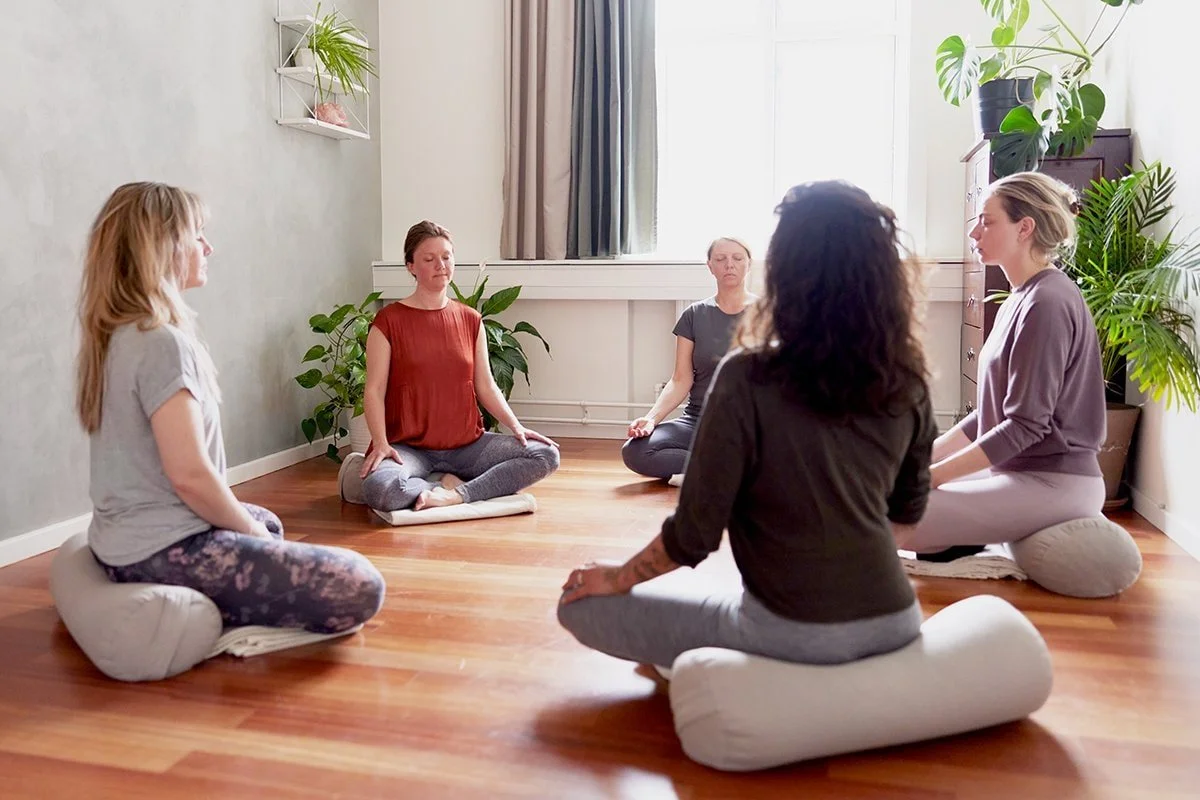
Group Therapy
View our active groups below
DBT Support Group for Teens
A DBT Support Group to help adolescents & teens in Tampa & St. Petersburg to learn valuable skills for emotional regulation.
ABOUT THE GROUP
After 8 weeks you can expect your teen to:
Have the skills to connect with others and foster healthy relationships
Improve their self-image
Improve their ability to communicate their feelings, regulate their emotions, and manage negative self-talk
Where?
Our St. Petersburg therapy office
When?
Every Tuesday, 6:00pm – 7:30pm starting on June 3rd
DBT Support Group for Adults
A DBT Support Group for adults in Tampa & St. Petersburg to learn valuable skills for emotional regulation.
ABOUT THE GROUP
After 8 weeks you can expect to develop skills for:
Improving expression and communication
Fostering healthy relationships with peers, family and loved-ones
Improving your self-image
Coping mechanisms to regulate your emotions
Where?
Our St. Petersburg therapy office
When?
TBD
Helping Children Thrive Support Group
A focused group for children ages 6-9 to enhance emotional regulation and build adaptive social skills. Group members will engage in fun educational activities, therapeutic games, and more.
What we’ll work on
Improving attention, reducing impulsivity, emotional self-regulation, developing organization and time-management skills, enhancing self-control and improving social skills
Group objectives
Reduce maladaptive behavioral reactions in a group activity
Enhance the child’s ability to use words to express emotions.
Increase the amount of time the child can sustain attention and focus on a task.
Help improve a child’s ability to plan and prioritize tasks, manage their time, and keep track of assignments.
Engage in role-playing social situations to provide opportunities for social interaction and modeling appropriate social behavior.
Where?
Our St. Petersburg therapy office
When?
Every Friday from 2:00pm - 3:30pm, starting June 6th
Healing From Sexual Trauma | A Cognitive Processing Therapy Group for Women
Healing From Sexual Trauma is a supportive therapy group for women designed to gently guide survivors through the healing process using Cognitive Processing Therapy. In a safe and compassionate space, participants will explore the impact of trauma, challenge unhelpful thoughts, and begin to rebuild trust, self-worth, and resilience. The group fosters connection, empowerment, and growth.
Group objectives
Understand PTSD and trauma responses
Identify and challenge unhelpful thoughts (“stuck points”)
Explore beliefs around safety, trust, power/control, esteem, and intimacy
Foster a safe, respectful, and supportive group environment
Build healthy, adaptive coping strategies
Promote resilience, self-compassion, and post-traumatic growth
Where?
When?
Every Thursday from 4:30pm - 6:00pm, starting June 5th
Commonly Asked Questions
What is group therapy?
Group therapy is a structured form of therapy where a small group meets under the guidance of a licensed mental health professional. The power in group therapy comes from the ability to explore shared experiences, build coping skills, and support one another’s growth. It offers a powerful combination of clinical insight and peer connection. By creating a safe, confidential environment, group therapy helps participants realize they are not alone, normalize their experiences, and develop healthier ways of relating to themselves and others.
At It Begins Within our group therapy programs integrate evidence-based approaches like as Cognitive Behavioral Therapy, Dialectical Behavior Therapy (DBT), and Play Therapy to foster healing, resilience, and happiness.
How Does Group Therapy Differ from Individual Therapy?
While individual therapy offers one-on-one attention from a therapist, group therapy provides a shared space where multiple individuals work toward healing together. In group therapy, participants benefit not only from professional guidance but also from the insights, support, and feedback of others who are facing similar challenges. This type of collective environment can reduce feelings of isolation and offer diverse perspectives that are proven to accelerate healing. Many people choose to participate in both individual and group therapy, as they complement each other in powerful ways.
What Happens in a Typical Group Therapy Session?
In a typical group therapy session, a small group meets together with a licensed therapist in a confidential setting. Sessions at It Begins Within often begin with a check-in or mindfulness exercise, followed by guided discussions, therapeutic activities and skills-based learning. While each group is unique, some may emphasize processing emotions, while others build practical tools (i.e. our DBT Groups for Teens & Adults). Members are encouraged to engage at their own pace, with no pressure to share more than they feel comfortable with.
Why Group Therapy Is Better for Some People & Evidence Supporting Its Effectiveness
Group therapy can be especially powerful for individuals who feel alone in their struggles or benefit from realtime feedback and connection. Research consistently shows that group therapy is as effective as individual therapy, and in some cases even more so (specifically for conditions like depression, PTSD, and substance use disorders). For many individuals, witnessing someone else’s healing journey becomes a catalyst for their own transformation, especially if they are feeling stuck.
Factors Determining Suitability for Group Therapy
Not everyone is ready for group therapy. Suitability depends on several factors including a person’s current level of emotional stability and their comfort in group settings. Group therapy tends to work best for individuals who are open to peer feedback, motivated to grow, and able to tolerate a range of emotions (their own and others). A brief consultation is often the best way to determine whether a particular group is the right fit, and whether it can complement individual therapy or serve as a standalone approach.

Would you prefer one-on-one support?
We invite you to schedule a session with us to begin your healing journey.


